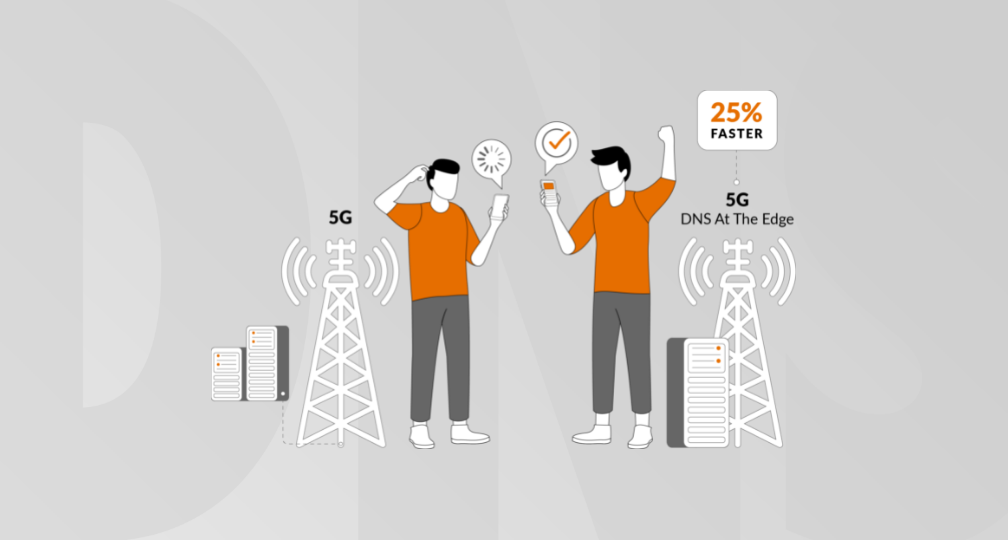
In a previous blog we discussed why it would be so important for internet users – and for a competitive industry – if instant messaging apps were required to be interoperable, allowing people to use any chat app they like to exchange messages with the users of any other chat app.
A discussion around this idea has been flourishing in Europe, due to the ongoing public consultation by the European Commission. As part of the preparation work for the forthcoming Digital Services Act, the European public has been asked whether they think that regulation of dominant internet platforms and applications should be enacted, and whether such regulation should include interoperability requirements.
You already know that Open-Xchange supports this idea; in July, we worked together with other organizations, including the EFF, Brave, the Matrix.org Foundation, Article 19 and EDRi, to raise the topic in a public letter to the Commission’s Executive Vice-President, Margrethe Vestager.
As the consultation proceeds, we decided to use our own experience in internet messaging to address the technicalities of the problem. It is easy to propose the principle, but can it actually work in practice? Different ways to turn the principle into a technical architecture exist, and each of them would deliver different results.
There still are many open questions, including: Would interoperability across multiple messaging systems be beneficial to privacy, and how? Would it really foster more competition, and in which markets? How would it give users more choice? Should it rely on a common technical standard, and how could such a standard be developed? Which features should work across multiple systems, and would standard features reduce the opportunities for decentralized innovation? All these questions need to be discussed and addressed.
As a result, we have written a detailed whitepaper that analyzes the technical challenges, the possible approaches to take in surmounting them, and proposing three different architectures for interoperability – along with suggesting the one that, in our opinion, would deliver the best results. We are publishing it to help create an open discussion and welcome comments from software developers, engineers, policy experts, and internet users in general.
We think that the current era of the internet industry – one in which a few huge companies dominate most services and applications, and users can hardly escape being tracked and monetized – needs to give way to something more similar to the original idea of the internet, an open, federated network of cooperative peers. Messaging interoperability is one of many steps that need to be taken to get there – and we hope to see this happen soon.





